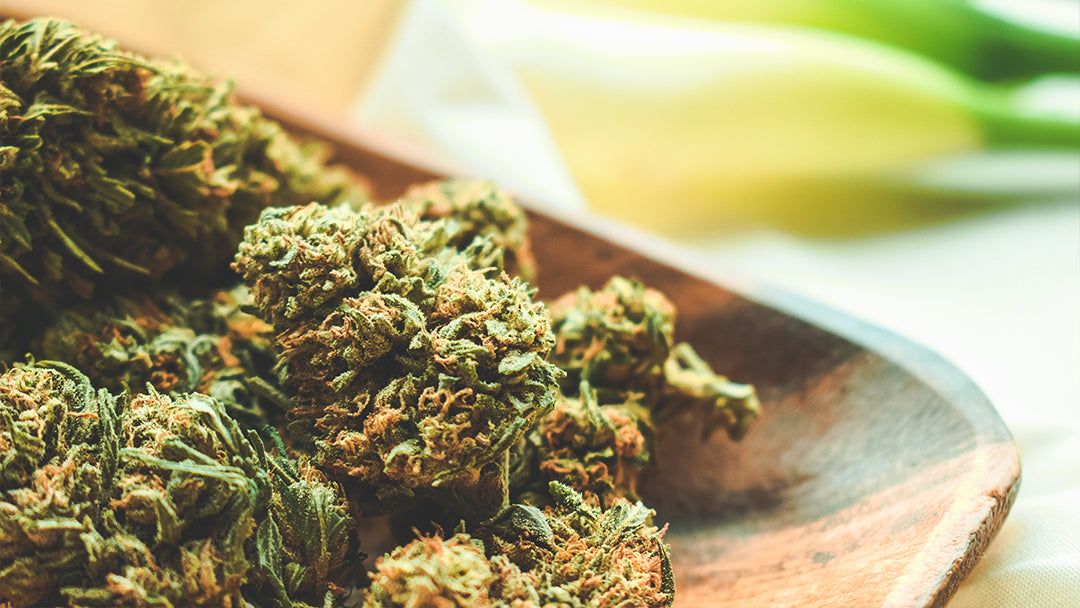Planting hemp in fields that had previously been used to grow organic veggies. We knew we wanted our hemp and CBD oil to eventually be USDA certified organic, so we’ve always taken meticulous care of the land.
To become certified organic, crops must be grown in soil free of synthetic chemicals for a minimum of three years. Certified organic products must also not use synthetic fertilizers or pesticides. Farmers must keep a list of every item used in the cultivation process including tools, containers, etc.
As organic farmers it’s our job to try to maintain or improve soil conditions and minimize soil erosion.
Crop Rotation. When you grow the same plant in the same soil year after year, it sucks the nutrients out of the soil without replenishing them. That’s why we move our hemp fields around - and you might find organic onions growing where hemp did the year before.
Cover Crop. Planting a cover crop like rye helps to regenerate organic matter in the soil and to get rid of pest populations. The rye covers the soil and allows it to rest - making it a great place to plant hemp on next. After a few months to a year, the rye will be plowed under to decompose.
Organic Weed management. we can’t use pesticides or fungicides - which means that we have to take care of weeds the old fashioned way. We use mechanical cultivation on our hemp, a fancy way of saying that a tractor pulls the weeds out. The tractor doesn’t get every single weed - so we go back in and pull by hand or use hoes. It’s a tedious process, but one we believe in.
That’s why we can say our CBD oil is the best for you and the environment!

